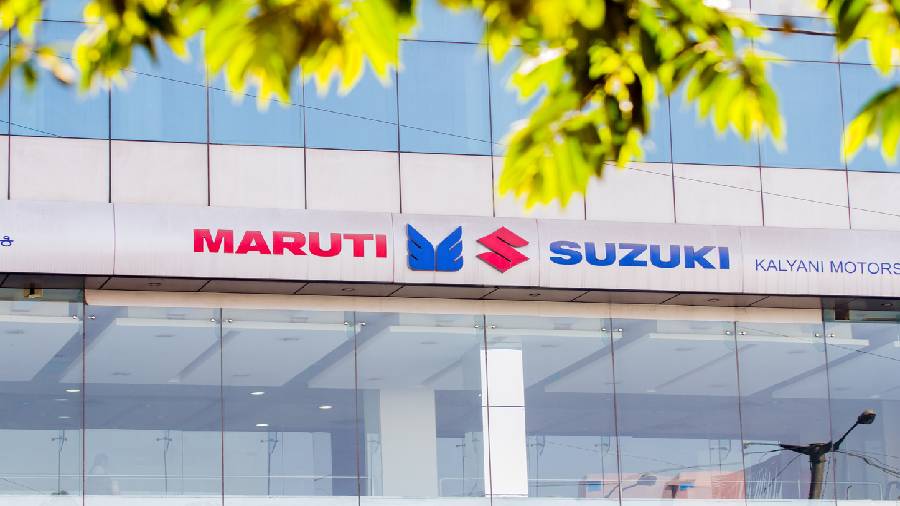Japanese automaker Suzuki Motor Corporation on Sunday said it will invest around 150 billion yen (about Rs 10,445 crore) by 2026, for local manufacturing of Battery Electric Vehicles (BEV) and BEV batteries in Gujarat.
The company has signed a Memorandum of Understanding (MoU) to this effect with the Gujarat government.
It was signed "on March 19, 2022 at the India-Japan Economic Forum held in New Delhi, India, in the presence of Japanese Prime Minister Fumio Kishida and Indian Prime Minister Narendra Modi," Suzuki Motor Corporation said in a statement.
Speaking at the forum, Suzuki Motor Corporation (SMC) Representative Director and President Toshihiro Suzuki said, "Suzuki's future mission is to achieve carbon neutrality with small cars. We will continue active investment in India to realise Self-reliant India (Atma-nirbhar Bharat)."
Under the MoU, the company's wholly-owned arm Suzuki Motor Gujarat Pvt Ltd (SMG) will invest Rs 7,300 crore for the construction of a plant for BEV batteries at a land neighboring to SMG's existing plant by 2026.
Also, SMG will invest another Rs 3,100 crore for increasing the production capacity for BEV manufacturing by 2025, the statement said.
At present, for manufacturing of conventional internal combustion engine vehicles, the Suzuki group has a cumulative production capacity of about 22 lakh units per annum across two facilities of its main subsidiary, Maruti Suzuki India (MSI) in Haryana, along with SMG's facility in Gujarat.
MSI's production capacity at Gurgaon and Manesar plants in Haryana is around 15 lakh units per annum.
SMG, which supplies vehicles exclusively to MSI, has an additional installed production capacity of 7.5 lakh units per annum.
In the statement, SMC further said another group firm Maruti Suzuki Toyotsu India Pvt Ltd (MSTI) will make an investment of Rs 45 crore on the construction of a vehicle recycling plant by 2025.
Last year in November, MSTI -- the joint venture between the Maruti Suzuki and Toyota Tsusho Group -- commenced operations of the vehicle dismantling and recycling unit at Noida, in Uttar Pradesh. The facility, spread over 10,993 square metre has a capacity to scrap and recycle over 24,000 ELVs (end-of-life vehicles) annually.
In November 2019, the two partners had announced a joint venture for setting up the vehicle scrapping and recycling unit.
SMC's Indian arm, Maruti Suzuki, plans to enter the electric vehicles segment by 2025. The company, a leader in the mass market segment, has maintained that at the current prices it would be difficult to sell affordable EVs at a mass scale.
Maruti Suzuki had earlier in 2019, tested an electric vehicle based on its WagonR with plans to launch in 2020, but decided against a commercial launch for personal usage citing lack of infrastructure and government support.
On Saturday, Japanese Prime Minister Fumio Kishida announced an investment target of five trillion yen (Rs 3,20,000 crore) in India over the next five years, as the two sides concluded a raft of agreements and collaborations to further expand their special strategic and global partnership.
The two countries also announced a Clean Energy Partnership (CEP) for cooperation in areas such as electric vehicles, storage systems including batteries, electric vehicle charging infrastructure, development of solar energy; hydrogen and ammonia.
"The objective is to encourage manufacturing in India, creation of resilient and trustworthy supply chains in these areas as well as fostering collaboration in R&D. It will be implemented through the existing mechanism of Energy Dialogue," a joint statement had said.











